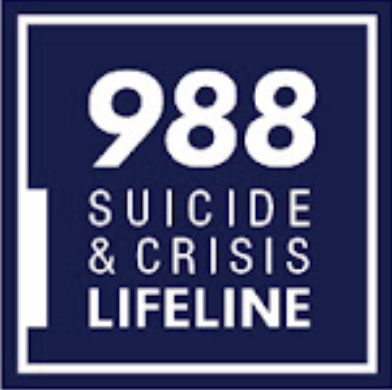Study ranks Ky. 11th in mental health, No. 1 for adults and No. 31 for youth; rankings come at first anniversary of 988 crisis hotline

Mental Health America, a nonprofit that promotes mental health and programs to address it, ranked Kentucky 11th in the nation for mental health and access to care, and No. 1 when it comes to adult mental health. It ranked 31st in youth mental health.The rankings are in a report, The State of Mental Health in America.
“These rankings show that we’ve been working hard in Kentucky to address a very challenging field but being committed to getting it done,” Gov. Andy Beshear said at a news conference, adding later, “Folks, mental-health care is health care, just as important as any form of physical health care. And I’m glad the work we’ve been doing is being noticed around the country.”
Beshear ticked off a long list of ways that Kentucky has worked to improve mental-health care in the state, including the extension of Medicaid benefits to children and women who are pregnant or postpartum; laws that expand access to assisted outpatient treatment for people with severe mental illness; implementation of policies that allow peace officers and firefighters to take 48 hours of mental-health leave after being involved in a traumatic situation; creation of the Kentucky Judicial Mental Health Commission; and laws that make telehealth more available to everyone.
Beshear added that the state has supported mental health services to victims of natural disasters, trained law enforcement officers on how to recognize and interact with folks in a mental health crisis, committed millions of dollars towards expanding school-based mental health resources, passed a law to allow students to take mental health days and created a student mental health initiative to make sure young people have a place to be heard. In addition, a law to protect doctors seeking treatment for mental health issues just went into effect.
Beshear also noted that the news of the high ranking came at the first anniversary of Kentucky’s use of the 988 Suicide and Crisis Lifeline, the short, easy-to-remember, confidential crisis hotline for mental health.
“Since this free, confidential 24/7 line launch, we have seen a significant increase in call volume, text messages and chats with a decrease in abandonment rates and speed to answer,” Beshear said.
The latest data shows over 22,000 calls have been answered since last July, an increase of 22% compared to the prior 12 months, in addition to nearly 9,000 text messages and 9,000 online chats since the launch, Beshear said.
“I’m very proud of the work done in mental health these past few years in the commonwealth, but maybe what I’m most proud of is the people who are willing to reach out. . . . It’s OK to not be OK. It’s OK to reach out for help. It’s OK to get tips or counseling to help you get through the hard times,” he said. “People train a good portion of their life, go to school to help you if you need it and they are out there waiting for you and everyone who is feeling overwhelmed.”
MHA’s Kentucky rankings
Looking at all of the adult and youth measures, the report ranked Kentucky10th for the prevalence of mental illness and 24th for access to care. It then gave a ranking for each measure in the report.
Kentucky adults ranked 30th in prevalence of mental illness and fourth for substance-use disorder in the past year; 25th for serious thoughts of suicide; 27th for access to care; eighth for having any mental illness reporting an unmet need; third for uninsured people having any mental illness; and fifth for those who had 14 or more mentally unhealthy days in a month and could not see a doctor due to costs.
Overall, MHA ranked Kentucky’s youth 31st for the combined seven youth measures.
It ranked Kentucky 8th for youth prevalence of mental illness; 28th for youth with substance-use disorder in the past year; eighth for youth with severe major depressive episode (MDE); 48th for youth with MDE who did not receive mental health services; 43rd for youth with severe MDE who received some consistent treatment; 11th for youth with private insurance that did not cover mental or emotional problems; and 25th for students identified with emotional disturbance for an Individualized Education Program.
The report also looked at mental-health workforce availability, of which Kentucky ranked 30th among states and the District of Columbia.